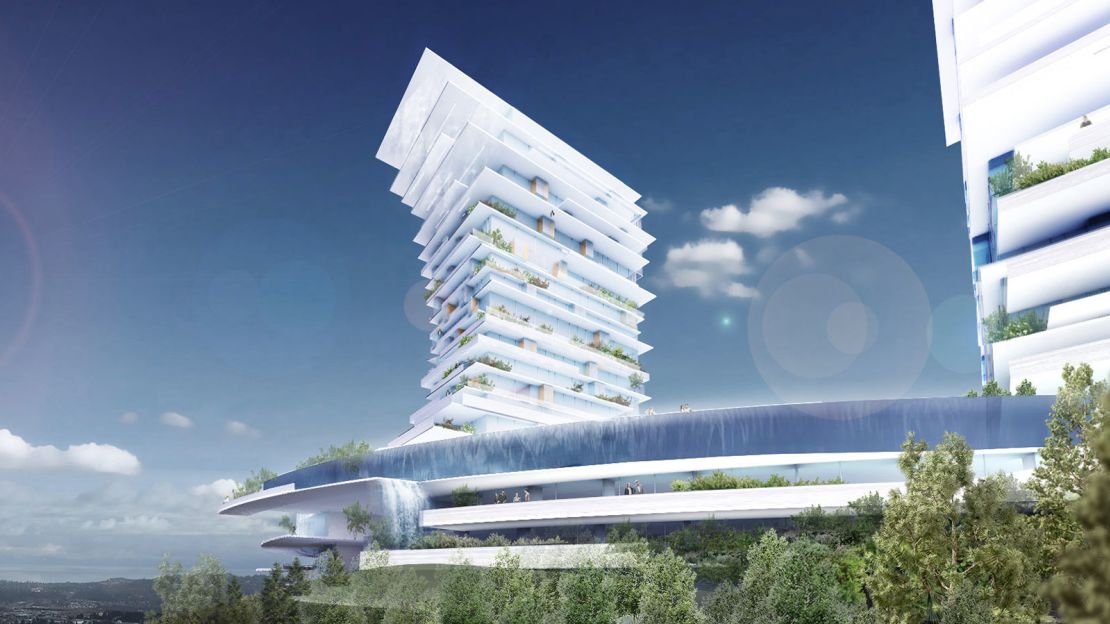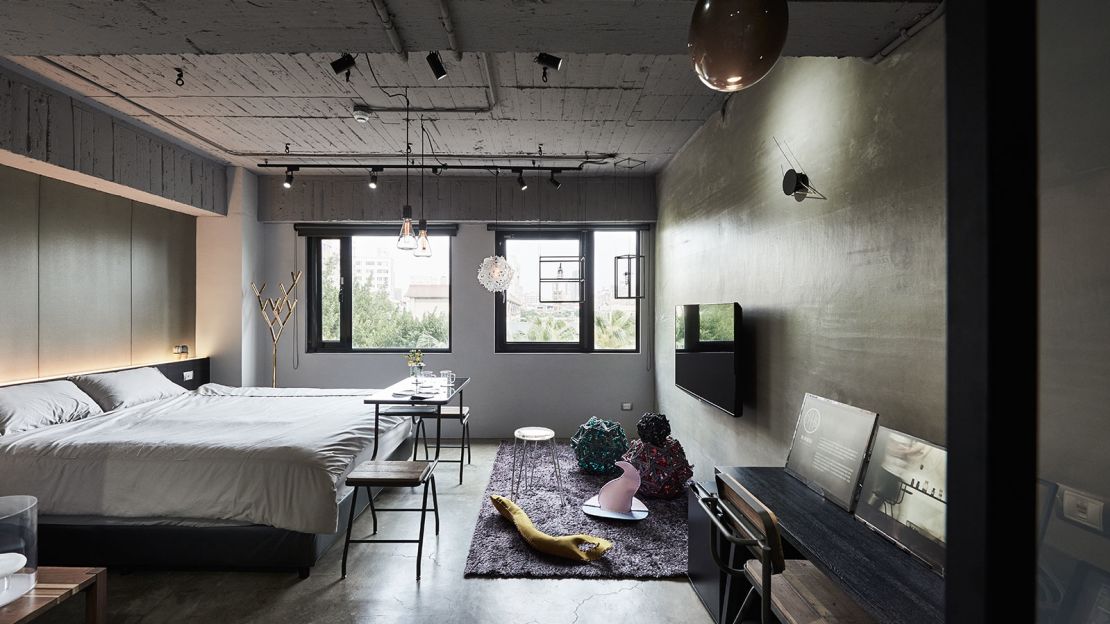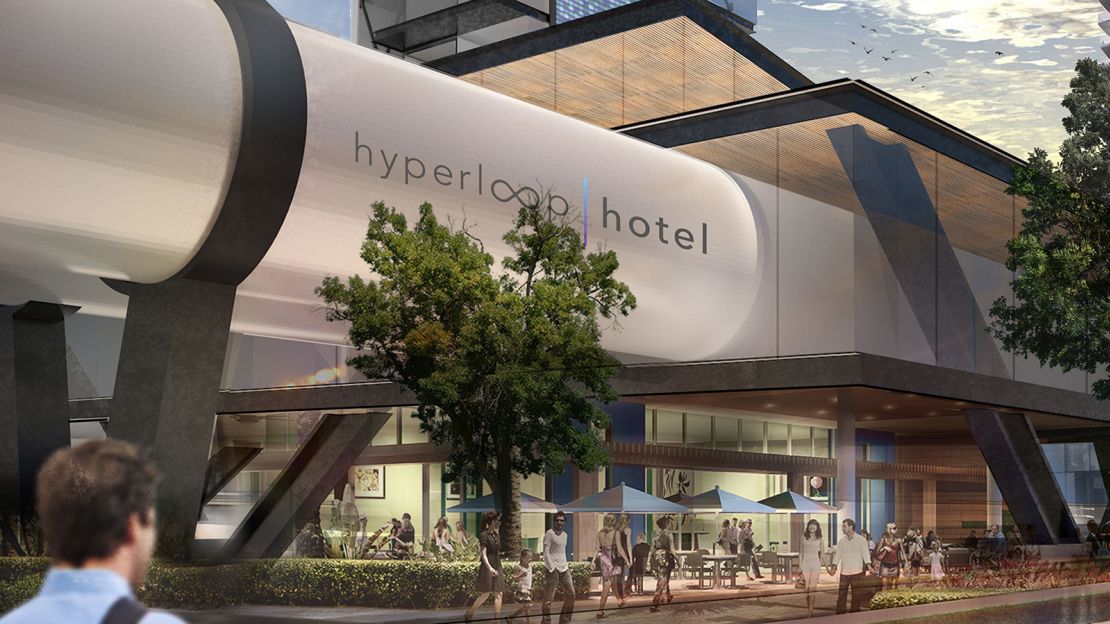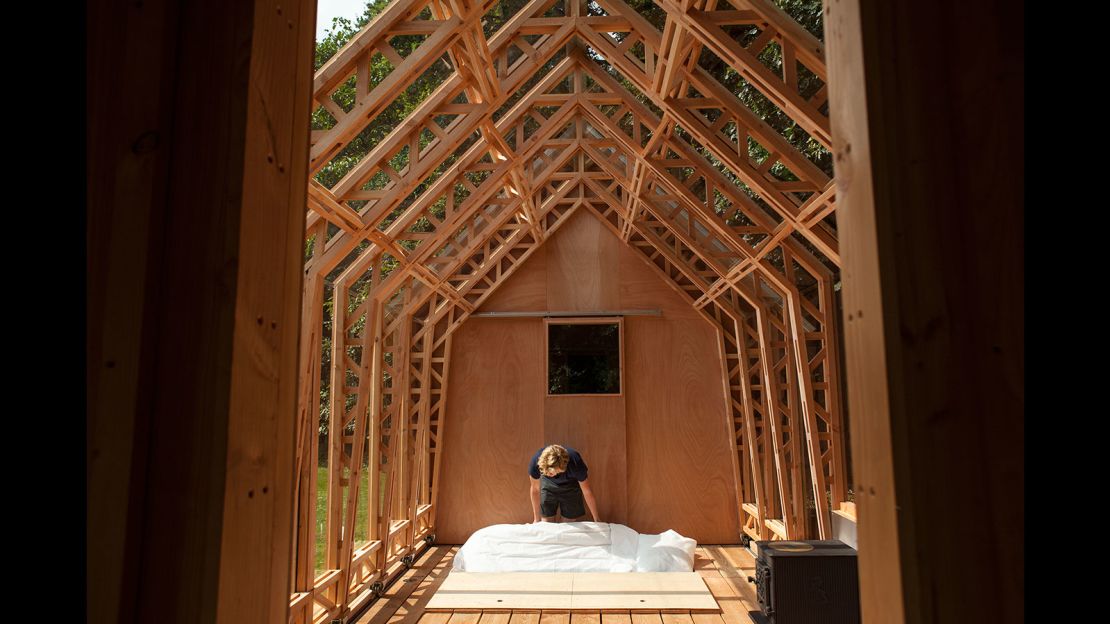Commissions, with their long lists of client requirements, don’t always let architects experiment. Competitions, on the other hand, allow them to throw away the client briefs and create something game-changing.
Now in its 11th year, Radical Innovation is a competition giving architecture firms – and students – the opportunity to put their own original twist on hospitality design.
“It began as an experiment because I wasn’t seeing a lot of creativity in the hotel business,” says John Hardy, CEO of The John Hardy Group, the development consultancy behind the annual competition. “I thought that a lot of the most creative ideas came from people who were not in the mainstream hotel industry.”
The competition has attracted an increasing number of sophisticated submissions from around the world.
Some designs take an entirely new approach to hospitality, while others put their own spin on current trends, such as sustainability and adventure travel.
“I think some people are creating trends that didn’t exist before and others are responding to trends because they are passionate about them,” Hardy says.
‘Balance between radical and feasible’
Chosen from over 65 entries, this year’s finalists represent the latest in hotel design and offer a glimpse at the future of travel.
Hardy and the members of the jury, which includes architects, hospitality executives, and developers, assess submissions on “their radical nature, their feasibility and the quality on their presentation.”
The jury looks for projects that are innovative but within the realm of possibility, Hardy explains.
“It’s a razor’s edge – the balance between radical and feasible,” he says. “We’re not just doing this to have fun We’re actually trying to make things happen.”

Three professional finalists will compete for the grand prize. Among them is Arno Matis Architecture, the Canadian firm behind “Vertical Micro-Climate,” a resort on Vancouver Island that simulates sunny summer weather during winter months.
“All Canadians want to go to Florida or Arizona in the winter, right?” says Hardy. “So [Arno Matis Architecture] thought, ‘Why don’t we create something here that’s sustainable, with somewhat of the same environment? And then you don’t have to leave Vancouver.’”

Another finalist, “Living the Till” by Florida firm EoA, aims to transport guests away from everyday life. The design is suspended 30 feet above ground and features tented structures atop a mesh platform.
While “Living the Till” and “Vertical Micro-Climate” are just ideas at this stage, the third finalist has been up and running for several years. “Play Design Hotel” in Taipei, Taiwan, serves as an incubator for local designers, introducing travelers to the country’s creative landscape.

The next generation
Radical Innovation’s competition also recognizes student submissions. This year’s winner was Brandan Siebrecht, from the University of Nevada, Las Vegas, who devised the “Hyperloop Hotel,” a design that plays off Elon Musk’s Hyperloop project in California. The hotel would use shipping containers as moving, customizable guest rooms.

The honorable mention went to “Garden House” by Caspar Schols, a physicist in the Netherlands who built a wood and glass structure for his mother. “Garden House” isn’t specifically designed as a hotel but Hardy sees great potential for the project.
Read: Plans for underwater ‘oceanscraper’ revealed
“I’ve sent it to a few of my partners and clients,” he says. “We do a lot of resort work and this would be a really great event space – a wedding chapel, a cool meeting spot or a [venue for a] catered party.”

While these projects are mostly at a nascent stage, their designers will be hoping to follow in the footsteps of previous winners by entering development.
The 2015 competition’s winning hotel, Zoku, opened in Amsterdam last year. And Hardy is currently working with 2012 prizewinner, MM Planners, to open its bridge hotel concept, Koi, in Paris. Last year’s winner, HOK, is currently raising funding to bring a floating hotel, known as Driftscape, to Belize.
Even if projects never make it past the rendering stage, bold ideas can make an impact on the industry.
Read: Hotels that transform, float, and breathe
“I think it inspires people in the industry to do things differently and not give up on their ideas,” says Hardy, who has used ideas from the competitions in his own work. “It has a very positive ripple effect.”
The three finalists will present their designs on October 4 at New York’s New Museum, where the audience will choose the grand-prize winner.













